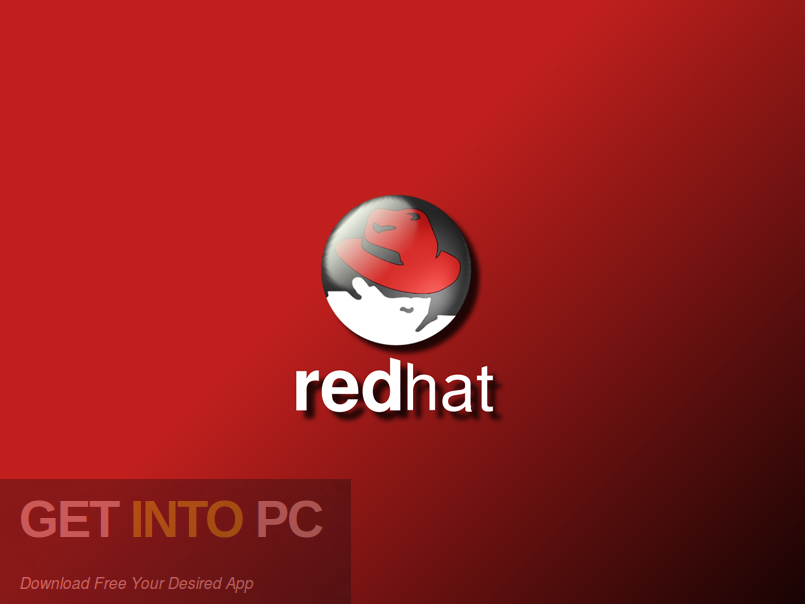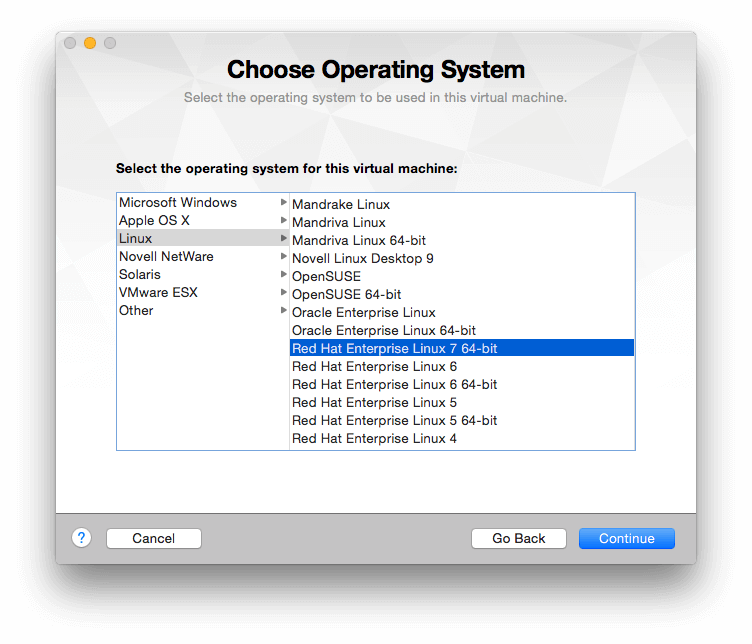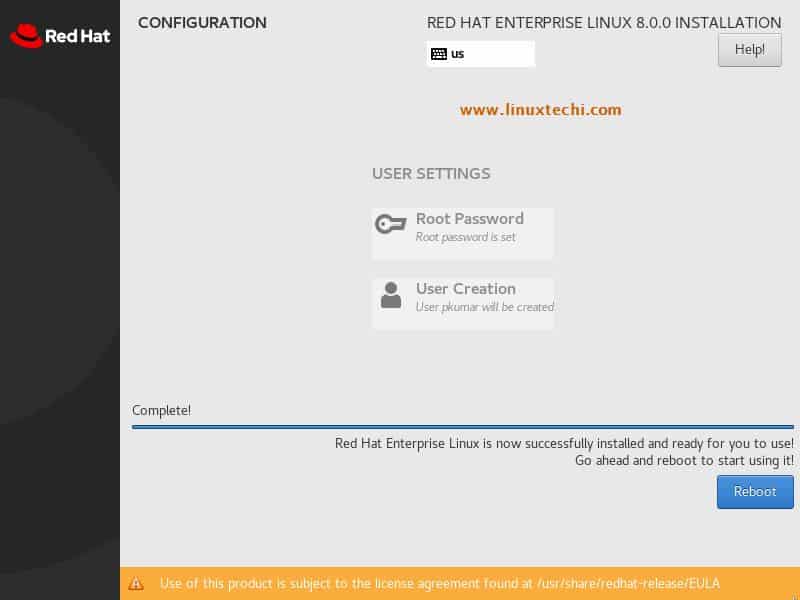Your Red Hat account gives you access to your member profile and preferences, and the following services based on your customer status:

- The Red Hat Customer Portal delivers the knowledge, expertise, and guidance available through your Red Hat subscription.
- As product pages change, this is a more stable way to find what you need: Downloads (on the left in top global user bar) Red Hat Enterprise Linux Select your desired version Look for the desired media in the table at the bottom of this page, and under the Product Downloads tab (default tab).

Other Developer Subscription options: Supported versions of Red Hat Enterprise Linux Developer Subscriptions are also available. See this complete list to choose from. If you’re a Red Hat technology partner (e.g. An ISV), no-cost (Not for Resale - NFR) subscriptions are available by joining Red Hat Connect for Technology Partners.Once there, register your company and join the “Zone” for. If you are not logged in, click LOG IN on the right side of the page. Enter your account credentials.
- Customer Portal
- Red Hat Connect for Business Partners
Not registered yet? Here are a few reasons why you should be:
- Browse Knowledgebase articles, manage support cases and subscriptions, download updates, and more from one place.
- View users in your organization, and edit their account information, preferences, and permissions.
- Manage your Red Hat certifications, view exam history, and download certification-related logos and documents.
 Edit your profile and preferences
Edit your profile and preferencesYour Red Hat account gives you access to your member profile, preferences, and other services depending on your customer status.
For your security, if you're on a public computer and have finished using your Red Hat services, please be sure to log out.
Log outLinux ISO images are a very efficient way to download and install a distribution. All that is required is sufficient drive space, software to write the ISO image and a bootable media such as CD/DVD or USB flash drive.
Below you will find links to Linux ISO Image Downloads for mainstream Linux distributions.
What is an ISO image?

In the context of files and programs, an 'image', whether an ISO or other media image, is simply a file that can be used as an identical copy of the original media. This file not only contains individual data files, but it also contains track and sector information and arranges all this information in a file system, just like disk media. Image files, unlike normal files, are usually not opened; rather, they are mounted.
Centos 8 Minimal Install Download
An ISO image (.iso) is simply a CD-ROM image saved in ISO-9660 format. ISO images are mainly used as source files from which to create CDs. As an example, most distributions of Linux release ISO images of the installation CDs. These images are usually freely available online. Once you download the image, you can use software to recreate the physical installation media.
Learn HowTo create an ISO image file with Linux.
About these Linux Distributions
More information on each of these Linux Distributions is available if you're interested in learning about their features and different editions such as Desktop, Server / Enterprise, LiveCD or NetBook / IoT.
DebianOfficial download: Debian ISO Official mirrors: N/A |
UbuntuOfficial download: Ubuntu ISO Official mirrors: N/A |
Linux MintOfficial download: Linux Mint ISO Official mirrors: N/A |
Arch LinuxOfficial download: Arch Linux ISO Official mirrors: Arch Linux Mirror |
FedoraOfficial download: Fedora Workstation ISO Official download: Fedora Server ISO Official mirrors: Fedora ISO Mirror |
CentOSOfficial download: CentOS ISO Official mirrors: CentOS Mirror |
openSUSEOfficial download: openSUSE ISO Official mirrors: N/A |
Red Hat Enterprise Linux (RHEL)Official download: Red Hat Enterprise Linux ISO Official mirrors: N/A |
GentooOfficial download: Gentoo ISO Official mirrors: N/A |
Centos 8 Download

RaspbianOfficial download: Raspbian ISO Official mirrors: N/A |
